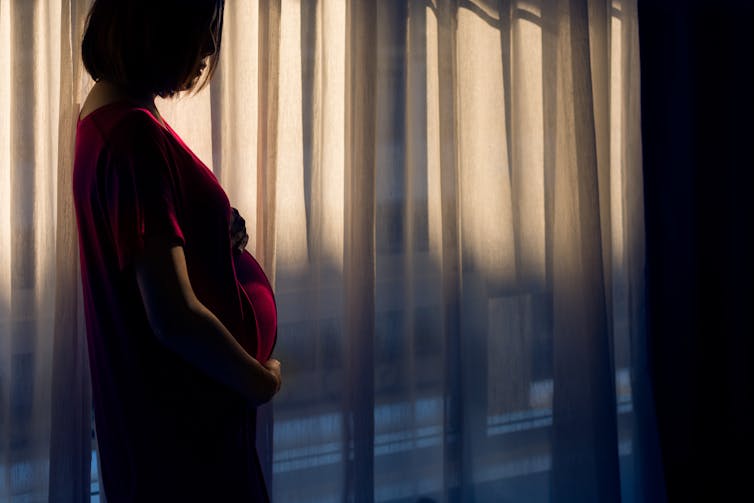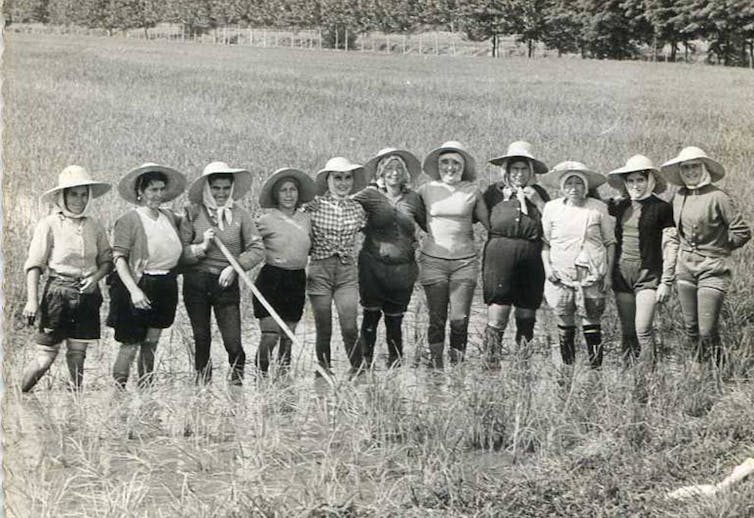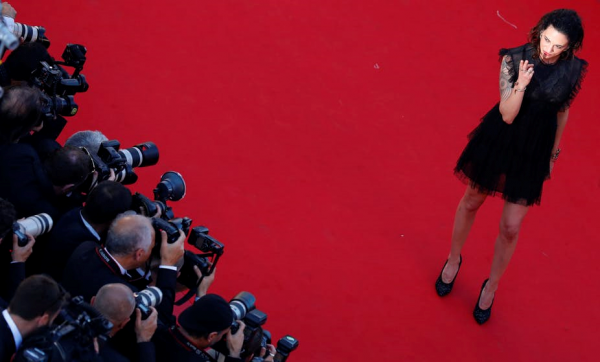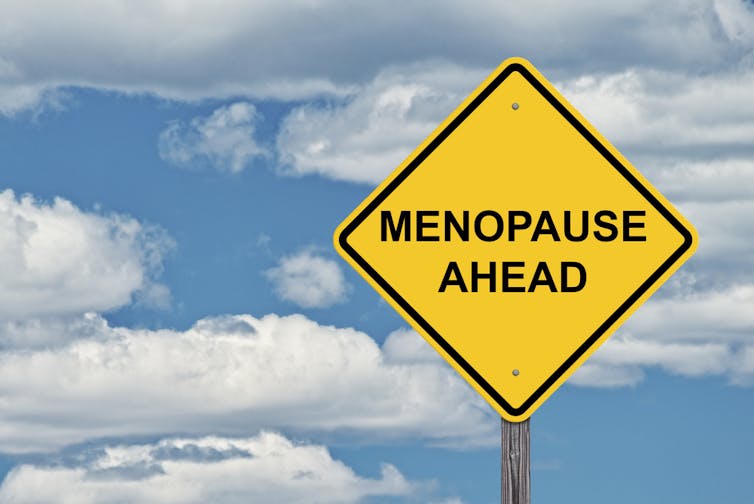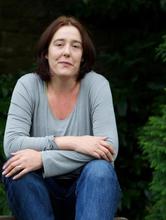European non-discrimination law is a great example of how legal ideas travel around the globe and are modified and improved in the process.
As well demonstrated by Fredman[1]and Schiek,[2] non-discrimination law did not originate in Europe nor can the European influence be negated.
For example, the concept of indirect discrimination can be traced back to international law and was also pioneered in the US case of Griggs v Duke Power,[3] which challenged under the Civil Rights Act 1964 employment practices that required High School diplomas in order to access specific jobs.
This US legal development then inspired European Common Law jurisdictions—most notably the UK—to incorporate similar concepts in their national law (see e.g. Sex Discrimination Act 1975 and Race Relations Act 1976), and the concept of indirect discrimination finally reached the EU in the early 1980s when the Court of Justice of the European Union (CJEU) explicitly referred to the Griggs in its Jenkins Judgment,[4] a case which also originated in the UK.
However, this initial influence from the UK and other common law jurisdictions did not halt in this development. Rather, what started as a relatively insignificant equal pay provision in the Treaty of Rome (Article 119 EEC) and a political compromise between Germany and France,[5]has developed into a large equality framework protecting the characteristics of sex, race and ethnic origin, religion and belief, age, disability, and sexual orientation (e.g. Directives 2000/43, 2000/78 and 2006/64) and goes beyond employment discrimination by also tackling sex and race discrimination within the access to and supply of goods and services (Directives 2000/43 and 2000/113).
The 2000 directives expanding the personal scope of EU non-discrimination law were particularly affected by Anglo-Dutch intellectual thought and influence,[6] as jurisdictions that had most significant experience with non-discrimination law covering a wide number of protected characteristics. These new directives, alongside the CJEU interpretation of all the directives and equal pay provision (now Article 157 TFEU), then in turn influenced the law of the Member States including the UK legal framework.
Continue reading →
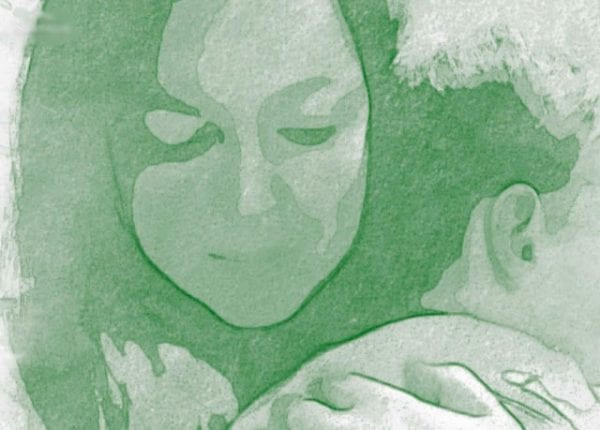 Image credit: Amanda Woodman-Hardy. Copyright.
Image credit: Amanda Woodman-Hardy. Copyright.
 Blog post by Dr Sumita Mukherjee, Senior Lecturer in History, discussing the roles of history and race in global suffrage.
Blog post by Dr Sumita Mukherjee, Senior Lecturer in History, discussing the roles of history and race in global suffrage.